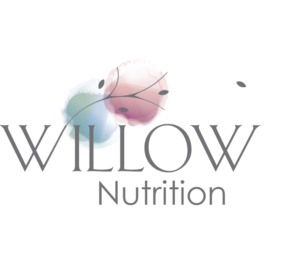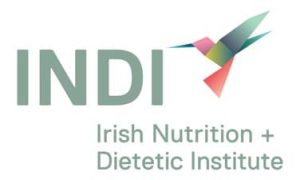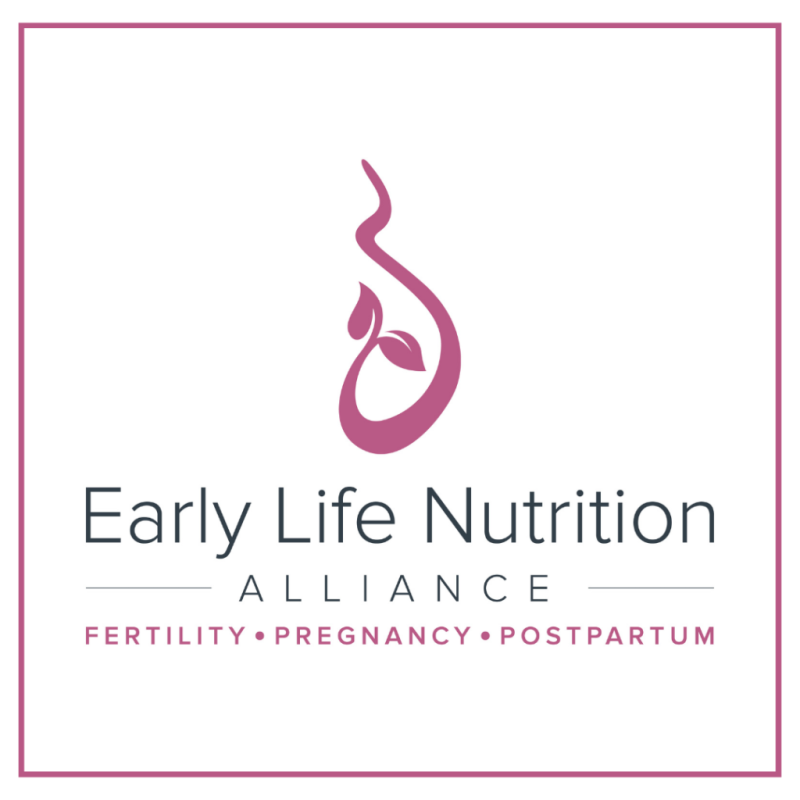Have you ever felt pressured to cut out food groups?
Over the years we have been presented with endless fad diets, all promising to promote some sort of magic result such as quick weight loss. These diets typically revolve around restricting some elements of the diet, from carbohydrates to dairy products to gluten among many more. Other diets focus on promoting consumption of one food or another, like celery juice or cabbage soup! The difficulty with these trends is that they are always bringing us messages that we need to follow a certain diet. This can be detrimental to our mental wellbeing and relationship with food, evoking feelings of guilt and shame by making us feel like we are failing if we can not adhere to these strict diets. We have previously discussed the many reasons why dieting is problematic – why to say goodbye to dieting. But how do we identify if new diets will have the same damaging effects as some previous weight loss attempts we may have tried?
Nowadays, it can definitely be harder to spot a diet, this is because many organisations disguise weight loss diets by using terms like ‘wellness’ or ‘health promoting’. Let’s have a look at some of the red flags to help you to identify diet culture in action…
Promises quick weight loss
Requires a calorie deficit
Requires you to cut out major food groups
Requires you to consume specific foods in excess
Requires you to purchase expensive supplements
The diet lacks variety
Requires you to cut out major food groups
The diet is advertised by influencers or celebrities who are not healthcare professionals, or who don’t have expert nutritional knowledge
Uses buzz words such as ‘wellness’, ‘refined-sugar free’, ‘dairy free’, ‘plant-based’, etc.
The diet is too restrictive to enjoy eating out, or sharing meals with family and friends
The diet is time-specific, for example, ‘eat this meal plan for 6 weeks and lose 30 pounds’
These are just some of the sneaky tactics used in the diet industry to disguise diets.
One of the more common tactics used today, is when diets are described as ‘wellness or health promoting’ when ultimately their meal plans continue to revolve around calorie deficits for weight loss. A prime example of this is seen in the popular app ‘Noom’, which is a subscription-based app that tracks a person’s food intake and exercise habits. The company supposedly puts emphasis on behaviour change and mental wellness, through the use of the Intuitive Eating principles, however, has previously been described as a ‘wolf in sheep’s clothing’. Why? Because Noom, like many other organisations, is tactically marketed as ‘healthy’ and ‘anti-diet’, however in reality, it promotes diet culture, by promoting unhealthy dieting habits. Using intuitive eating with the aim of intentional weight loss is unethical and goes against the whole framework of what intuitive eating is all about. This is another dieting red flag!
Sometimes, it can be difficult to identify diet culture in action. Let’s think of some examples. The gluten free diet, ketogenic diet, intermittent fasting, and many more have all filtered into diet culture at one stage or another, all promising results of weight loss. In recent years there has been increasing popularity of vegan and vegetarian diets. While there are many valid reasons why plant-based diets are on the rise, it is important to consider what your individual and personal motivations are to adopt these more restrictive diets before making any major changes to our food consumption. For example, do you want to increase your consumption of plant-based foods with the aim of improving your heart health, fertility outcomes or diabetes management? Or are you changing your diet with the hope of weight loss as advertised in the diet industry? While there are many positive, health-related benefits of increasing plant-based food consumption, false negative narratives on meat-, and dairy-consumption, which are not always backed up by good scientific evidence (who watched game-changers?) puts a lot of pressure on people to cut out entire food groups, or else feel guilty if they do not conform. On top of this, knowing and understanding your motivation to adopt any diet is incredibly important, as restricting certain foods, or labelling foods as good or bad can be detrimental to our relationship with food.
So before you consider cutting out any major food groups (carbs, fats, meat, dairy, or whatever it may be), have a think about what is motivating you to do so. Whatever your reasoning behind your dietary choices may be, make sure to honour your own values, tastebuds, and food preferences too!
If you are trying to reject diet culture, adopting the intuitive eating approach is a great place to start. Intuitive Eating is an evidence-based approach to help improve your relationship with food, and understanding that you have the autonomy to make decisions on how to nourish yourself so you don’t have to think about food all the time. It can support you to learn how to tune into your health by listening and responding to the messages of your body. Helping you to meet your physical and mental needs based on your terms, moving away from external diet tools such as the time of day, points systems, calorie tracking, rigid rules or meal plans – which can all exacerbate obsessive food thoughts. You can learn more about Intuitive eating here.
Getting support from a Registered Dietitian and Intuitive Eating Counsellor can help support you in navigating through this journey as well as calling out what may be another diet in disguise! Get in touch to book in for a free discovery call to make the first step.
By Lorna Haydon BSc (Hons) & Jess Willow, RD & CIEC









